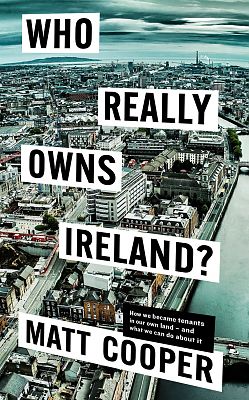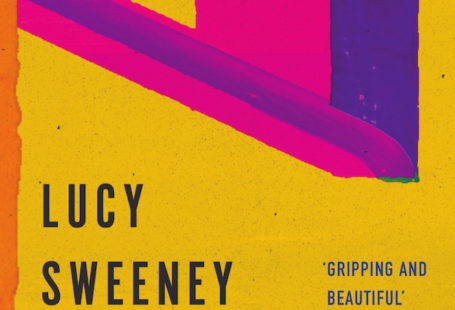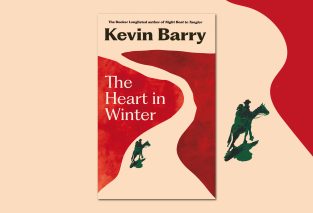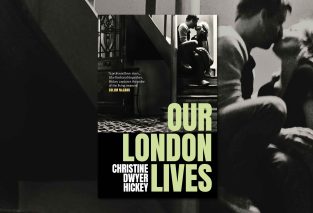During the Covid lockdowns I took to walking along the Grand Canal in Dublin, from Portobello to down as far as the docklands, within my 5km restrictions.
I became fascinated by all the new building that had started, but now was stalled as we awaited the return to normal life after the lifting of restrictions. It was largely office blocks that I passed, sometimes new apartments, mostly bigger in scale than we had been used to, an enormous amount of glass and steel. I was fascinated too by how all this replaced some older buildings or vacant land or how it settled in visually, these brand-new imposing structures amongst the older and more established.
And other than the aesthetics, it got me wondering: who owns all this? Who works or lives here? Where has the money come from to do this? And why? Who’ll profit, who’ll lose? What benefits will we, the citizens, get from all of this? Jobs, taxes, day-to-day commerce? And does it all make Dublin better?
That got me thinking about what was happening around the rest of the country. When the restrictions lifted, my walks, runs and drives went further and further around the country.

We were in a hiatus during the lockdown, a time of great uncertainty as to when this epidemic would end and how we would go about our lives again in the future. It was the second great uncertainty within a decade. The economic crash of 2008 – a different kind of virus and most definitely a man made one – had created a sense of doom, a deflation of expectation for the future, and yet Ireland overall had not just recovered. It seemed to be thriving.
But, as I was to discover, so much had changed.
The ownership of so many of the physical assets of our State had changed – and the uses to which they would be put too.
Who Really Owns Ireland tries to tell you who many of these people and institutions who bought those assets since the crash are. In that regard I hope you’ll find that it does what it says on the cover.
But I hope you’ll agree that the book goes deeper.
I also became interested in the idea of how ownership of our country goes beyond physical assets. There was a time in this country when we thought we could do it “ourselves alone”, as we shook off our colonial master. But in independence we came to realise that isolationism doesn’t work. As members of the European Union we became engaged in a pooling of sovereignty on terms that are quite easily understood…and we still retain our own national interests as paramount.
But the interaction with the powerful forces of globally mobile capital has become dominant.
Some have tended to look on our relationship with the outside world based on what we can export or sell to it. But it’s not just what Ireland or Irish companies or Irish people can sell from the use of our own assets…the real earnings come from those foreigners who have lodged their capital in Ireland.
It’s why the book is very focused on the relationship that we have with foreign capital, as well as domestic.
It’s why I focus on the balance of power between international capital and our democratically elected politicians and the civil servants who work for them, to explore in which direction it tilts.
Because that is relevant not just to how we live in this country now, but also for the future.
You can now pre-order Who Really Owns Ireland? by Matt Cooper.






Recent Comments